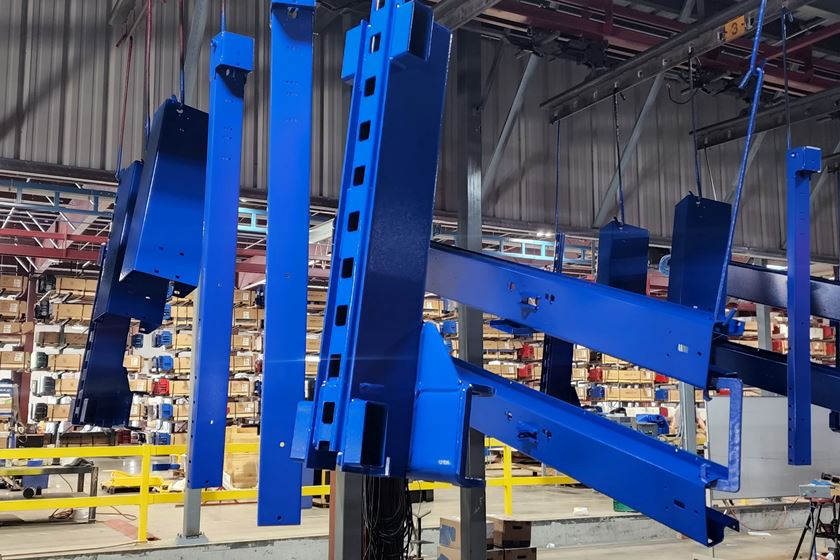On My Mind: Employee Motivation
Recently, a management consultant asked me to fill out a survey on motivational factors.
#workforcedevelopment #management
Recently, a management consultant asked me to fill out a survey on motivational factors. The survey asked managers to rank ten factors in order of importance (with 1 being the most important and 10 the least important) based on what they thought their employees feel are the most important to them. The ten factors were a feeling of being in on things, job security, interesting work, personal loyalty to employees, tactful disciplining, good working conditions, promotions and growth in the company, good wages, sympathetic help on personal problems and full appreciation of work done.
As I tried to rank these factors, I considered what I would find important and the unique culture created by the owners of our company, who truly value an open, honest and loyal relationship with their employees.
Featured Content
My ranking was somewhat different than that of the typical manager, but similar in some respects. The typical manager ranked the factors this way—good wages, job security, promotions and growth in the company, good working conditions, interesting work, personal loyalty to employees, tactful disciplining, full appreciation of work done, sympathetic help on personal problems and feeling of being in on things.
Unfortunately, neither my ranking, nor that of the typical manager, matched up very well with the average ranking from the 10,000 employees that filled out the survey. The average employee answered the survey this way—full appreciation of work done, feeling of being in on things, sympathetic help on personal problems, job security, good wages, interesting work, promotions and growth within the company, personal loyalty to employees, good working conditions and tactful disciplining.
So, what does this survey tell us? It tells us that managers seem to place more importance on career issues (good wages, job security and promotions) as motivational factors, while employees place more importance on personal issues (appreciation, inclusion/shared information and help on personal problems) as motivational factors.
The results also tell us the importance of communication. It is important for a manager to communicate with his/her employees so that he/she can understand what motivates them. In the end, it's up to the manager to adjust to the employee's motivational needs, not for the employee to adjust to how the manager likes to motivate people.
RELATED CONTENT
-
Reinvigorating the Workforce
Do education and outreach hold the key to solving manufacturing’s workforce problem?
-
40 Under 40: Class of 2021
Each year, PF editors comb through a long list of nominees with a wide range of skill sets to select the 40 Under 40 class. This year's finalists include engineers, operations managers, chemists, general managers, sales professionals and entrepreneurs working in the finishing industry.
-
Back to School in Switch to Powder Coating
School furnishings manufacturer Fleetwood Group makes the change from liquid coating and learns a valuable lesson.


.JPG;width=70;height=70;mode=crop)
















